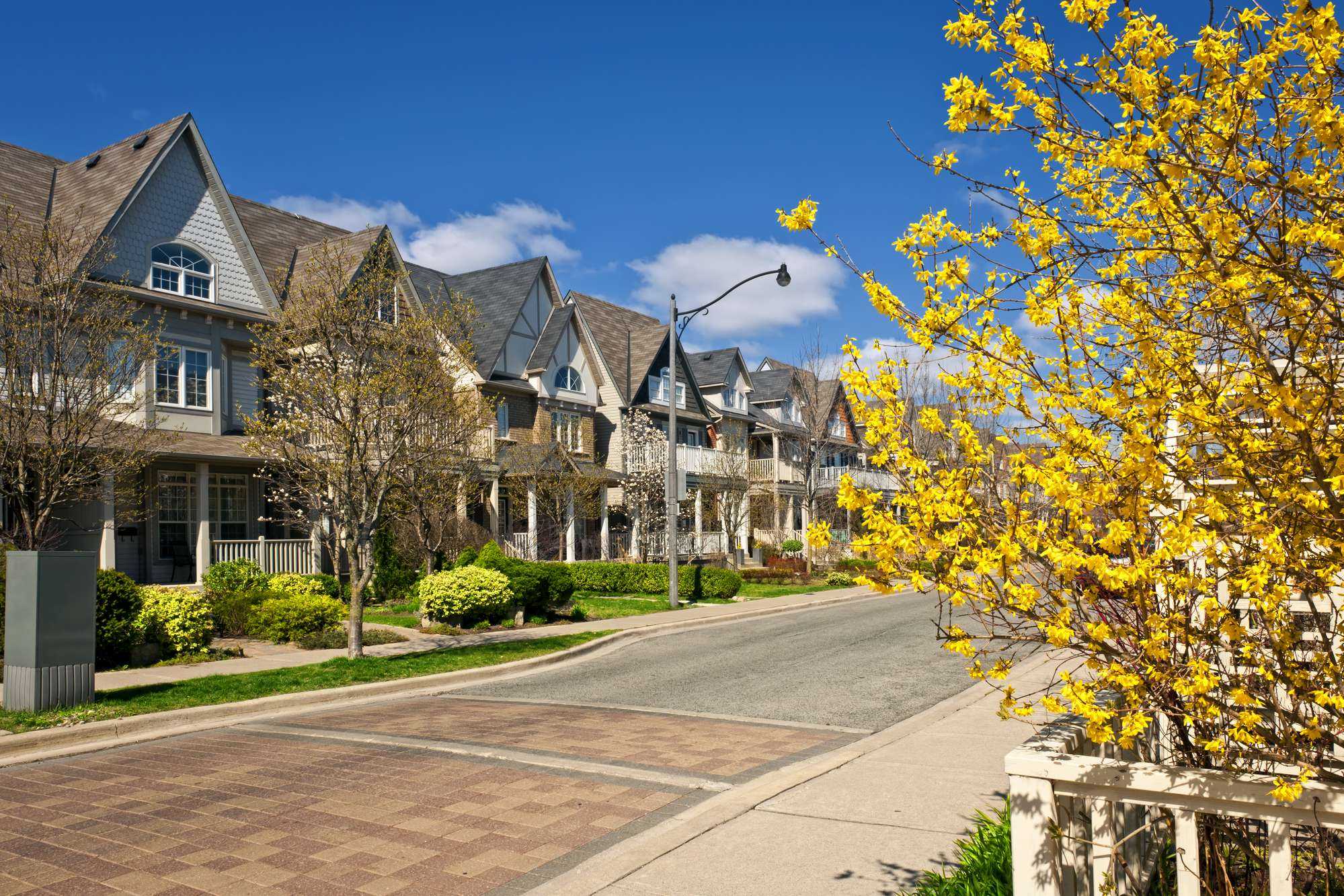on
BY JAY BRIJPAUL
Canada Mortgage and Housing Corporation (CMHC) reported that they are signs of an overheated real estate market. Dana Senagama, Senior Specialist for market insights for CMHC said “While the pandemic has impacted lower wage paying sectors and the rental market, homeownership demand has continued to grow and defy expectations. With evidence of price acceleration and excess inventories detected simultaneously, our overall assessment moved from a moderate to a high degree of vulnerability.”
In March of this year, there were 15,652 homes sold, almost double the number of homes sold in March 2020. New listings also rose to a record-breaking 57%, year-over-year but could not keep up with the demands. The average selling price in GTA went up by 21.6% to a new high of $1,097,565.
Tiff Macklem, Bank of Canada Governor, mentioned that people may be purchasing homes solely because they believe prices may go up. “What we get worried about is when we start to see extrapolated expectations, when we start to see people expecting the kind of unsustainable price increases, we’ve seen recently go on indefinitely,” said Tiff Macklem.
Home prices are surging in the suburbs as well. With the pandemic, more people can work from home and choose to relocate to smaller cities where they can enjoy more space for a cheaper price. Interest rates are on the rise and many buyers who locked in a lower rate are in a rush to find a home.
Benjamin Tal, who works for CIBC capital markets, said that “If you think that Toronto is unaffordable now, you wait.” He said that “Toronto is becoming like Berlin, like London, like Manhattan. It’s becoming more and more unaffordable, and therefore we know that our kids will struggle.” Robert Hogue, a senior economist at Royal bank, echoed the same sentiment “Large population in immigration and solid labour markets had housing demand running hotter than supply in many parts of Canada before the pandemic. The pandemic cranked up the heat.” He explained that “Sky-high property values can exacerbate inequality, widening the divide between haves and have-not.”
I noticed that when there was a lockdown, home prices surged. The reason is that many sellers avoided putting their home up for sale during the lockdowns. This created an artificial shortage and resulted in multiple offers. With multiple offers, the highest bidder often wins, and this results in rapid price growth.
With rapid price growth, buyers are taking on larger mortgages. Canada’s mortgage debt escalated to about $1.65 trillion in the last quarter of 2020 and continued to climb in the first quarter of 2021. If the market changes direction, lenders will be caught in situations where the mortgage on a home is higher than the value of that property. This can lead to a financial meltdown. Will Dunning, chief economist at Mortgage Professionals Canada (MPC), explained that record low interest rate and a strong desire for homeownership is the driving force. When it comes to an increase in interest rates, Mr. Dunning said that “The employment situation is much more important than mortgage interest rates. This is because a problem with increased mortgage costs can usually be solved if the borrower has a steady income.” According to The Organization for Economic Cooperation and Development (OECD), Canada’s unemployment level is one of the highest among the G7 nations.
Policy makers are looking at ways to cool the market. One idea is to impose capital gains tax on the sale of principal residence. I don’t consider this as a way to cool the housing market. The actual problem is lack of housing. I do feel that speculators should be taxed heavily, thereby discouraging them from flipping properties for a quick profit which stimulates price growth. By taxing speculators heavily, more properties will be available for buyers to choose and this will cool the overheated market.
Christopher Alexander, Chief Strategy Officer at RE/MAX of Ontario-Atlantic Canada, said that we can cool the housing problem with the following ideas:
- A mandate to make all offers conditional upon obtaining financing. This will reduce buyer remorse and ensure that buyers can afford the purchase.
- Implement an industry “watchdog” to review transactions where homes are sold well above their asking price. The idea is to ensure fair listing prices (and not prices below market value to create bidding frenzies). Realtors who disobey this rule would face fines.
- Build more homes. This is the best solution to the housing crisis. This can be done by incentivize more development of affordable housing. “Realistically, we can’t continue to fight urban sprawl while simultaneously expecting housing prices to cool. It’s not feasible. What we’re seeing in the market right now is simple economics – low supply and high demand. We need more homes to meet Canadian’s’ current needs, while anticipating the housing needs of the 1.2 million people who are expected to immigrate to Canada through 2023.” said Christopher Alexander. “Maybe now is the time to consider expanding the boundaries of our developable land.”
This pandemic is new to us and so are the problems created by it. The best strategy is to be safe. With the surge in home prices, many homeowners are splurging on the increased equity. When the tide changes, if they are not careful, they will be marooned.
Stay in the loop with exclusive news, stories, and insights—delivered straight to your inbox. No fluff, just real content that matters. Sign up today!
Jay Brijpaul is a 29 year Toronto Real Estate veteran and one of Canada’s top Real Estate Brokers. He has been involved in over 3000 Real Estate sales representing both buyers and sellers. His team, The Brij Team, is consistently among the top RE/MAX residential teams in Canada and around the world. Since 1994, Jay became a member of the Fellows of Real Estate Institute of Canada (FRI), giving him an additional 5 years of Real Estate training beyond what virtually all Real Estate agents have.













